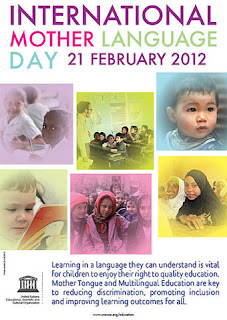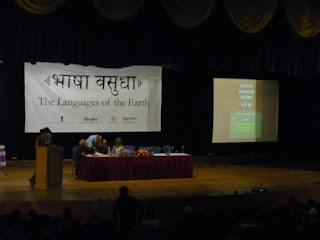[MLE] A thorough paper on the MLE program in Orissa/Odisha
Dear MLE friends, I don't think I have ever come across such an extensive analyses of the MLE programme in Orissa as the one from Dr Urmishree Bedamatta presented at the 2nd Philippine Conference Workshop on Mother Tongue-Based Multilingual Education held February 16-18, 2012 titled: The politics of mother tongue based multilingual education: A case study on MLE for Juanga children in an eastern state of India The author does base her analyses on field visits, interviews and a wide range of literature study. Her analyses is critical. The abstract states: The analysis of the MLE programme with reference to classroom transaction, the teacher and the teaching learning materials led to the following conclusions: (a) the use of the mother tongue is a strategy to improve statistics on access with little concern for retention, (b) the use of the mother tongue does not guarantee




